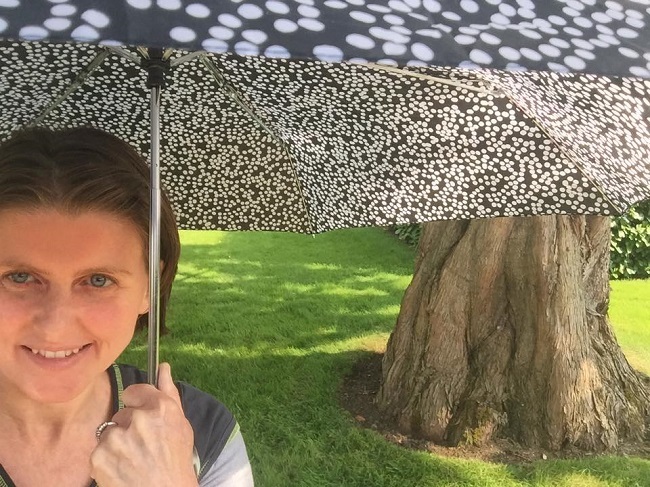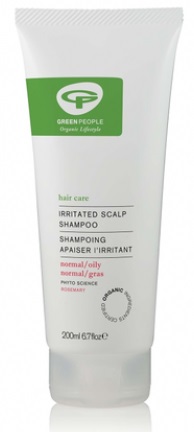The June issue of your healthy living magazine included a summer supplements section and in it was a feature about pycnogenol, pronounced pic-no-jen-all. I’d never heard of it before but it seems it’s not a new discovery.
There is an official website for Pycnogenol which has loads of information about this plant extract. From this website I found this description:
“Pycnogenol is a natural plant extract from the bark of the maritime pine tree which grows exclusively along the coast of southwest France in Les Landes de Gascogne. This unspoiled and natural forest environment is the unique source of Pycnogenol®. Pycnogenol® represents a natural combination of genetically programmed constant proportions of procyanidins, bioflavonoids and organic acids.
The extract has four basic properties – it’s a powerful antioxidant, acts as a natural anti-inflammatory, selectively binds to collagen and elastin, and finally, it aids in the production of endothelial nitric oxide which helps to dilate blood vessels.”
Allergic reactions are inflammatory and cause histamine to be produced, which causes the typical symptoms such as runny nose, watering eyes, swelling of the face and anaphylaxis in extreme cases. It sounds like this little plant extract could help to dampen down reactions and reduce the allergy triggers and histamine production.
Pycnogenol helps hayfever on the Foods Matter website, details a research study from 2010 in ‘Phytotherapy Research’ comparing people with birch pollen to see if this plant extract might help. Follow the link to read more details of the study but the main findings were:
“Comparison of birch specific IgE levels from the start of the trial and the end of allergy season showed an increase of 31.9 percent in the placebo group but only 19.4 percent in the Pycnogenol® group.”
“Throughout the birch pollen seasons around mid of April until end of May, the total average nasal and eye symptom score was lower in the Pycnogenol® group than in the placebo group the best results being obtained by those who started taking the pycnogenol before the onset of their symptoms. Only 12.5% of subjects taking Pycnogenol® seven weeks before the start of the birch season required non-prescription antihistamine medication compared to 50% of the placebo subjects.
Two earlier clinical trials showed that Pycnogenol® improves symptoms and breathing ability of asthma patients and significantly decreases leukotriene levels, an inflammatory mediator involved in asthma and hay fever alike. “
Like all these things you would need to take it for a season to notice any improvements, or not, but what are the long term implications of taking this? Are there any? or is it completely safe?
I found some concerns raised on the eHow website and the Livestrong website warns of potential dangers and even allergic reactions to pycnogenol itself.
Has anyone tried this? Does it work? I found it on the Goodness Direct website and it’s available in health food shops.












I haven’t tried it but I have some I. The cupboard as I use it successfully fro headaches. So having at the age of 62!!!! Developed eczema, I’m going to give it a shot.